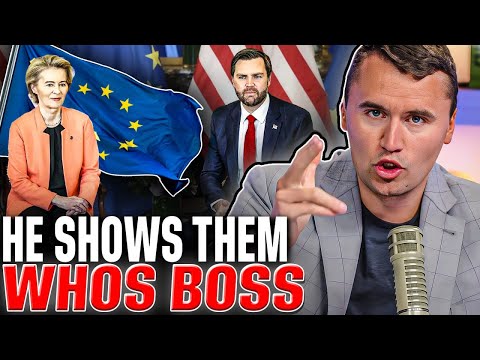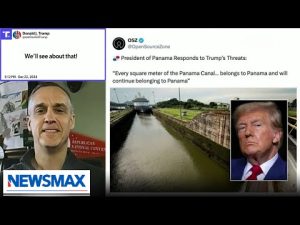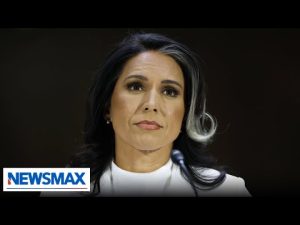In a stunning turn of events, Vice President JD Vance recently made headlines with a groundbreaking speech at the Munich Security Conference, an important annual gathering where world leaders and national security experts discuss pressing geopolitical issues. Established in 1963 as a platform to foster dialogue during the Cold War, the Munich Conference has transformed into a stage where the elites often debate strategies to handle threats, particularly from Russia. However, in this year’s edition, Vance’s remarks are shaking up the status quo and challenging the prevailing narrative pushed by many establishment figures.
For too long, the Munich Security Conference has been criticized for its fixation on Russia, with many prominent senators and representatives promoting the expansion of NATO and a confrontational stance against the country. Figures like Lindsey Graham have made careers out of warning against the menacing advances of Russia, often overlooking the complexities of international relations. Vance has sweepingly rejected this worn-out narrative, urging a reevaluation of America’s role on the global stage and questioning whether NATO’s increasingly aggressive posturing is truly in the best interest of American citizens.
Vance’s address was emblematic of a shift in perspective that resonates with a growing number of Americans who have become disenfranchised with the idea of perpetual war. In fact, some might say that the Vice President’s speech was overdue. For years, politicians have jabbed at the need for military intervention without offering solid rationale for hating Russia. Vance sparked curiosity by asking fundamental questions that challenge the establishment’s preconceptions: What has Russia really done to warrant such animosity? Is our perception of Russia genuinely rooted in facts, or has it been manipulated for political gain?
While discussing the failures of the European project, Vance drew attention to the welfare dependency many European nations have developed, partially bolstered by American financial support. With the U.S. pouring billions into Europe under the pretext of security, one must wonder — are we getting our money’s worth? Vance emphasized that a continent once known for fostering great minds and revolutionary ideas has now become a shadow of its former self. His assertion that Europe has morphed into what could be described as a “giant Museum” hints at the sad reality that many European nations are now leaning heavily on America instead of shouldering their own responsibilities.
Furthermore, Vance didn’t shy away from calling out the hypocrisy of European democracies, using Romania’s recent cancellation of election results as a prime example. It raises eyebrows to imagine that the sanctity of democracy can be compromised so easily by whispers of foreign influence. If that’s all it takes to erode democracy, then perhaps European leaders need to reflect on the strength of their own systems rather than pointing fingers at outsiders.
In summary, JD Vance’s landmark speech in Munich serves as a wake-up call for both American and European leaders. It forces a reevaluation of long-held beliefs and confronts head-on the practices that have led to a weakened transatlantic alliance. With a refreshing dose of truth-telling, Vance’s address may ignite a necessary discourse about the efficacy of current policies and whether the needs of the American people are genuinely considered in the grand scheme of geopolitical affairs. It seems that, at least for today, “America First” is the anthem of a new, bold diplomatic vision, begging the question of whether other nations are ready to step up to the plate.



